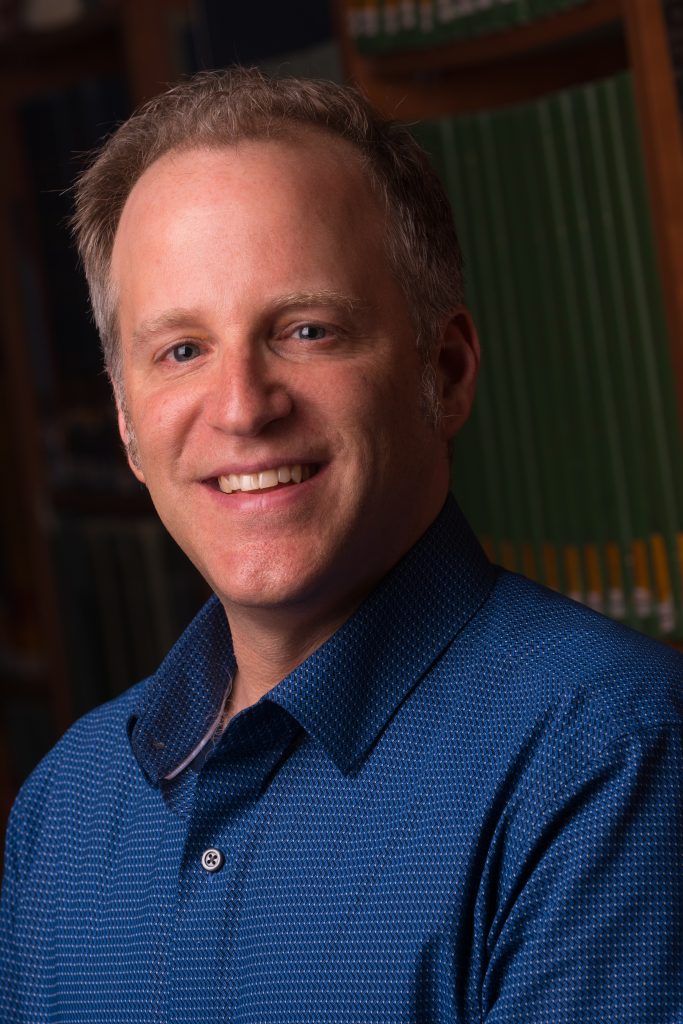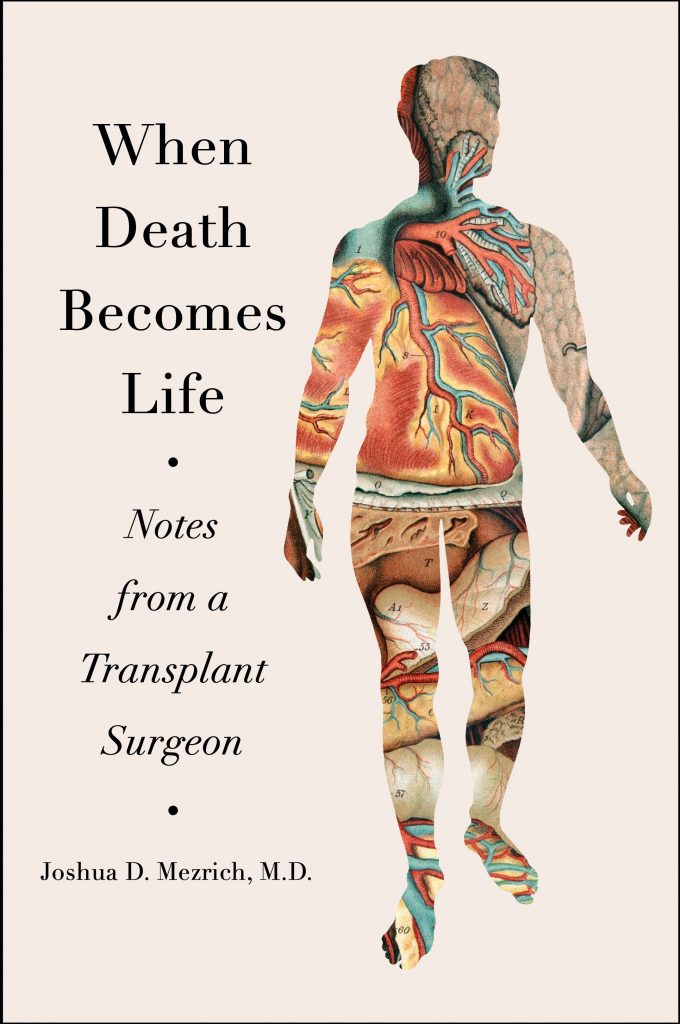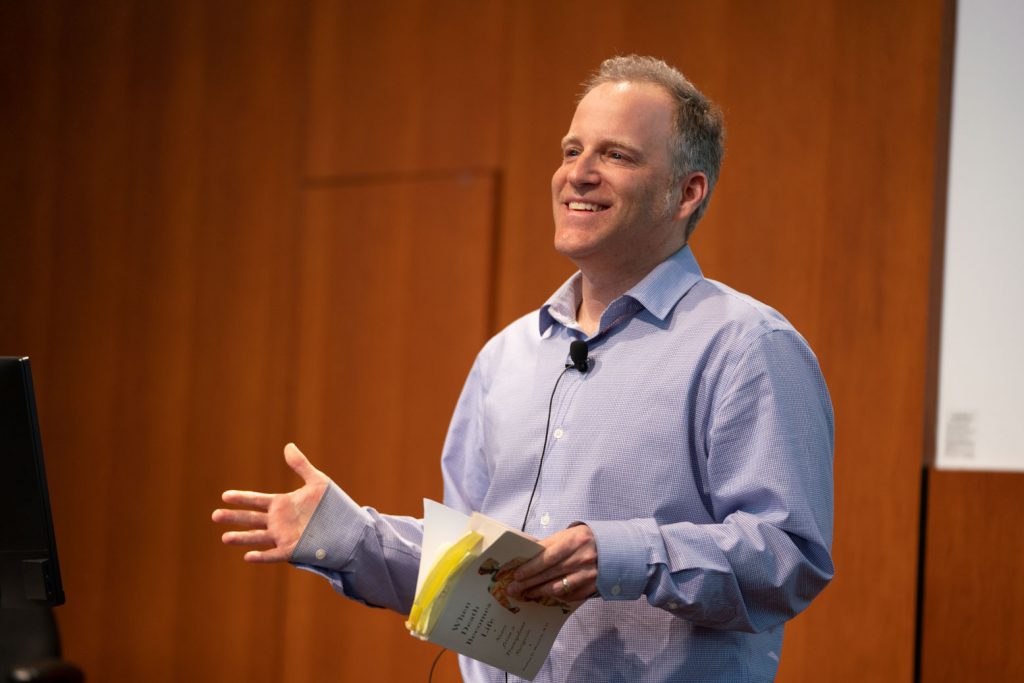Surgeon, teacher, and now writer: transplant surgeon Dr. Josh Mezrich recently joined the Surgery Sett podcast to discuss his new book, When Death Becomes Life: Notes from a Transplant Surgeon, released by HarperCollins on January 15. Below is an excerpt of his conversation with podcast host Dr. Jonathan Kohler. Hear their full discussion online.

Q: Tell us about your new book.
JM: For the past 3 years I’ve been working on a book called When Death Becomes Life: Notes from a Transplant Surgeon. It’s part-memoir, part-history of transplants, and part-patient stories.
Q: How did you find the time to do this?
JM: Time is always a challenge. But I’ve loved reading my whole life. It’s one of my passions. I guess I attribute it to my parents who made my two brothers and I read two books a week for most of our lives. They would read the books too and then at dinner we would discuss those.
Q: So, you had the Mezrich family book club from a young age?
JM: Absolutely. And of course, my brother Ben, who is a writer, is the fastest reader I’ve ever met. He would blow through those books in like 2 minutes whereas I just toiled along. I guess it could’ve played out either way, but it made me love writing.
I always thought I had one book in me, maybe more than one. It was something I always wanted to do. It ended up being so enjoyable I can hardly believe it.
 Q: Did you wake up one day and say, hey, I know what I want to write about?
Q: Did you wake up one day and say, hey, I know what I want to write about?
JM: I’ve always been interested in history, medical history and cultural history. The field of transplant is so fascinating because it came about over a really short period of time. In the 1930s and 1940s, people thought that transplant was science fiction. In the 1950s and 1960s a few people were trying to do it, but it still seemed kind of ridiculous. From the 1960s to 1980s, it suddenly became this reality. Some of those pioneers are still alive. I was able to talk to some of them. I wanted to know, how did they do what they did? And I wanted to use myself as a narrator that the reader could relate to: This is what it’s like to be a surgeon. This is what it’s like to have your patients go through this. And to use that as a way to look at what those pioneering surgeons did.
Q: Did your brother, writer Ben Mezrich, give you any advice?
JM: He gave me a couple pieces of advice. Number one, he said, when you sit down to write your book, just write. Don’t worry if it’s good. Don’t worry if it digresses. Just write. The reason people don’t write their first book is because they don’t finish it, he told me. Just write.
Number two, he said that when you write, the hardest thing is to get going. Once you get going, it’s fine. He said never finish at the end of a chapter. Finish halfway through a story or even halfway through a sentence. Stop. And then when you go back, you will finish that. And the next thing you know, you are writing. That worked for me.
I was so passionate about the work that it was hard to do anything else. I would jump out of bed at 4am every morning and write until 6 am when the kids got up. I didn’t write a lot at night because I was so tired. And then every weekend from 6 am till 7 pm I would write. All day. When we went on vacation, I would write. Maybe that’s bad, but I got so much joy out of writing.
The only thing that wasn’t great was my lower back, which got completely demolished by this. And I thought surgery was bad for the back!
Q: Maybe your book could end up a movie?
JM: I’ve already clarified that if there is a movie, Brad Pitt will be playing me.
Catch the full discussion on the latest episode of the Surgery Sett podcast. You can also read more in a feature article in the Wisconsin State Journal.